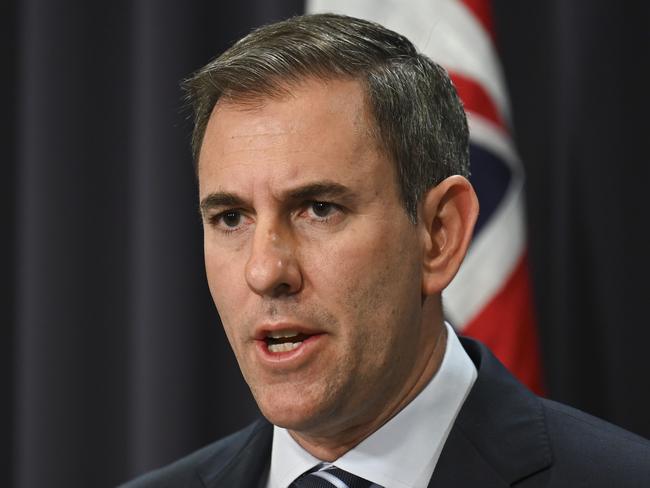
How short-term politics bears long-term consequences
Treasurer Jim Chalmers is clearly sweating on the cash rate being lowered at least once, if not twice, before the next election.

Treasurer Jim Chalmers is clearly sweating on the cash rate being lowered at least once, if not twice, before the next election.
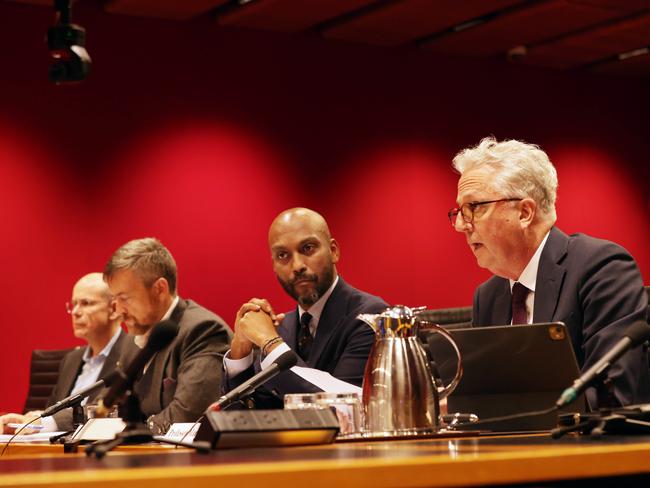
We should expect much better from these university leaders – both ethically and in terms of restraint. In fact, they have behaved like toddlers in a lolly shop.

Michele Bullock has a job to do, and she should be left to get on with it. It appears a tad misogynistic, which in these days of gender sensitivity, is a very bad look.
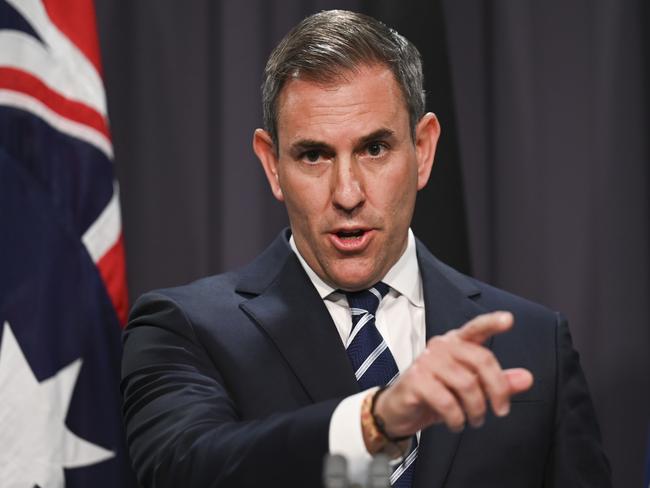
Instead of putting lipstick on the pig, Jim Chalmers would be advised to accept he has made some major mistakes.

There was always a simpler and faster option that would have yielded information about the LGBQI+ community much more quickly and with a reasonable degree of accuracy.
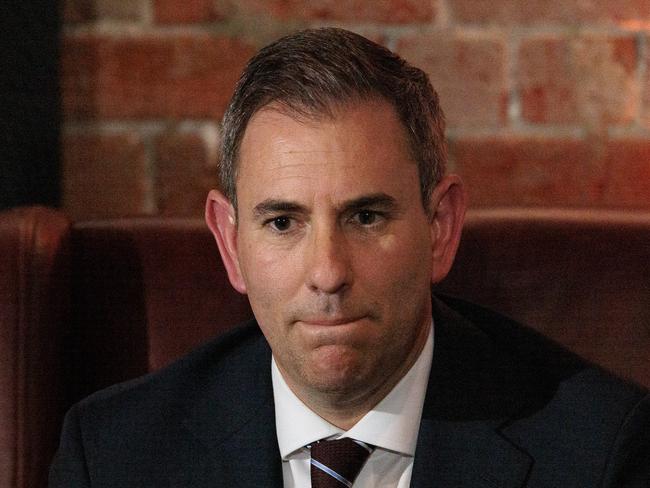
As far as job applications go, this was a very poor one. What’s all this twaddle about the fourth economy?
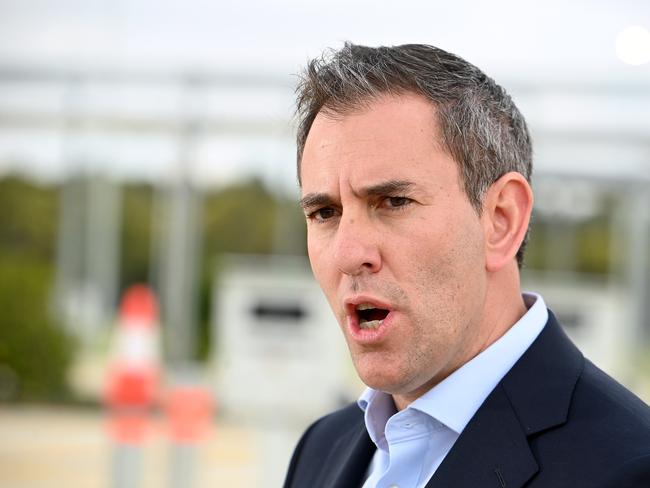
The temptation for politicians to use other people’s money to buy votes is always strong. Add in the emergence of identity politics, in which some groups are defined as permanent victims, and this force can become overpowering.

Anthony Albanese has foreshadowed on a number of occasions that universal childcare will be a centrepiece of his campaign for a second term in office. My strong advice is don’t do it.
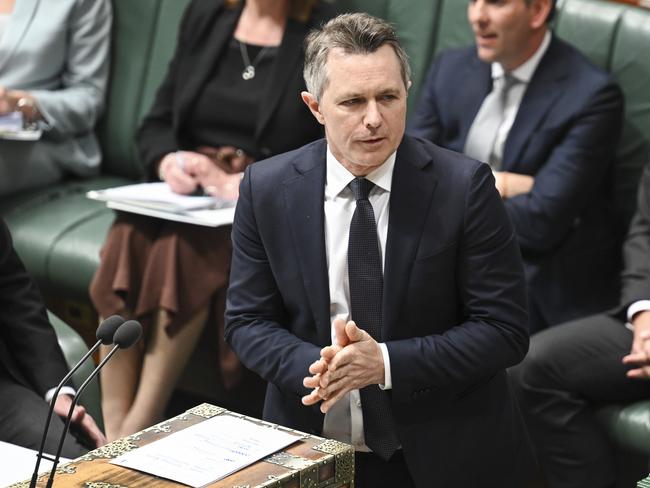
The education institutions have been only too happy to enjoy the benefits of unrestricted international student numbers while inflicting the external costs on the wider community.
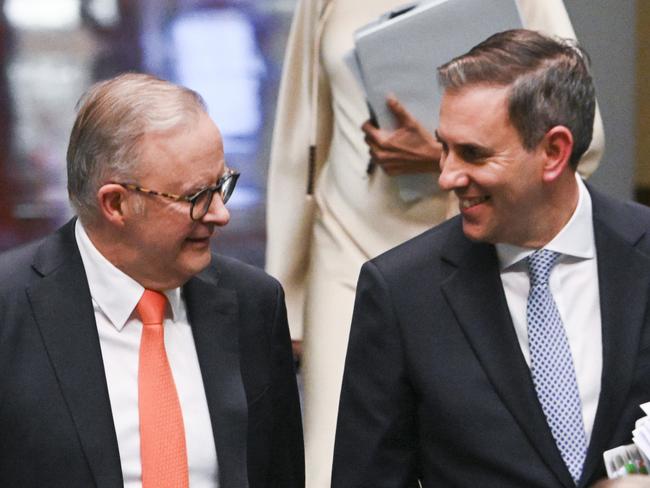
The PM and the Treasurer think using massive dollops of taxpayer money to manipulate headline CPI is actually achieving the return to the stated inflation target. The RBA sees through this ruse.
Original URL: https://www.theaustralian.com.au/author/judith-sloan/page/10